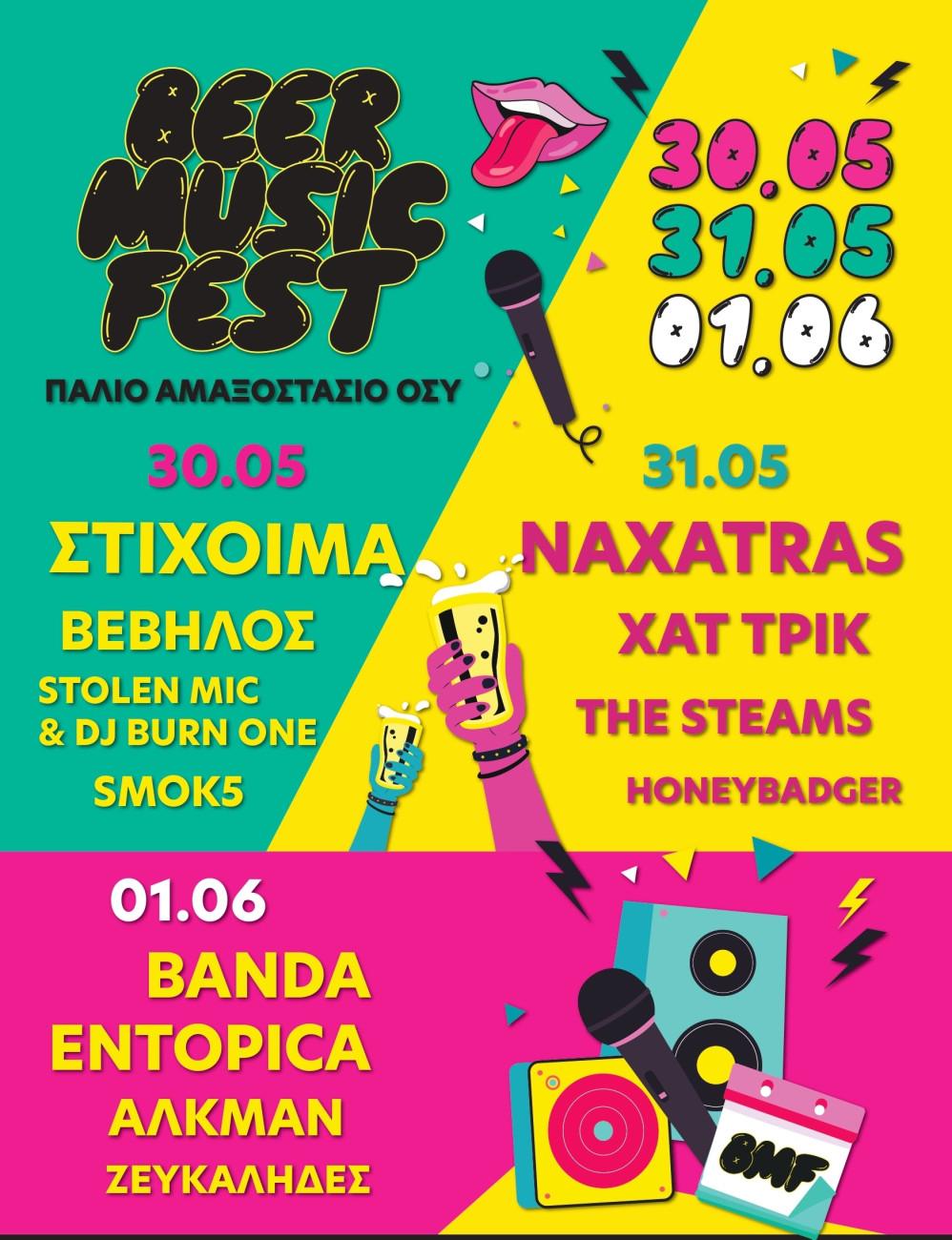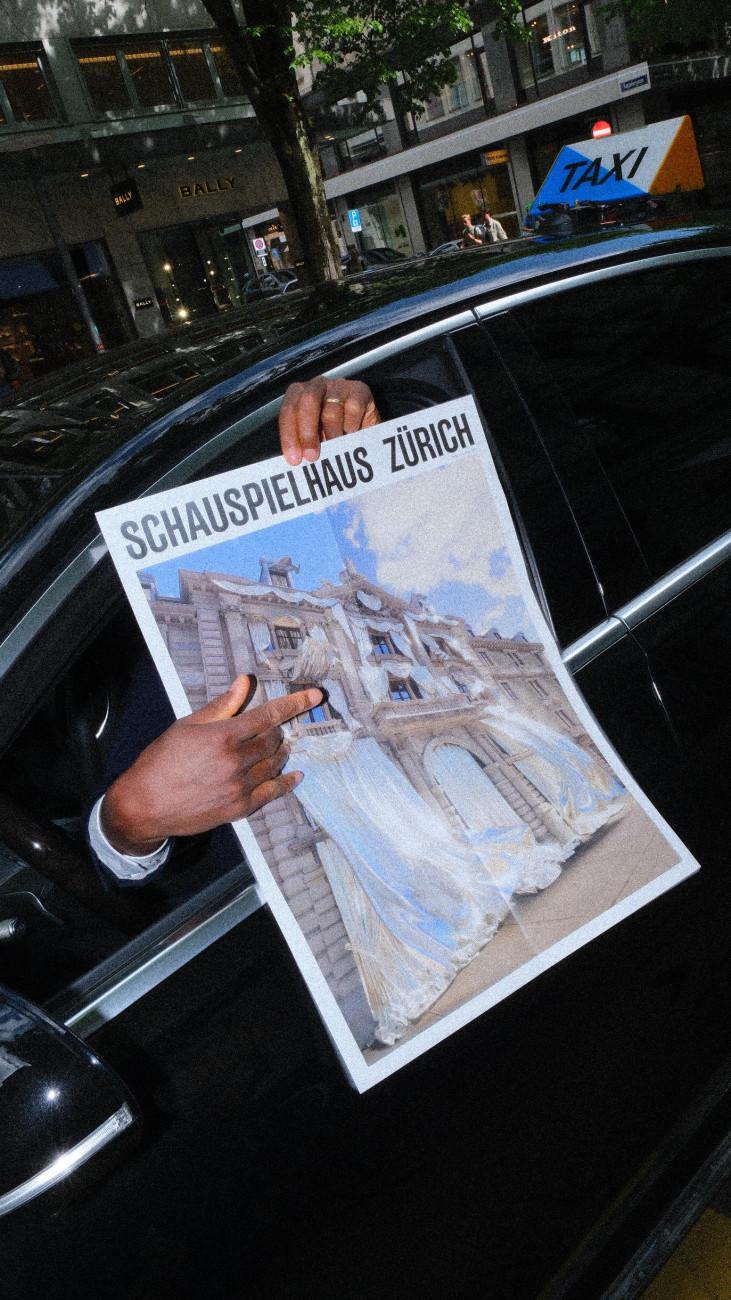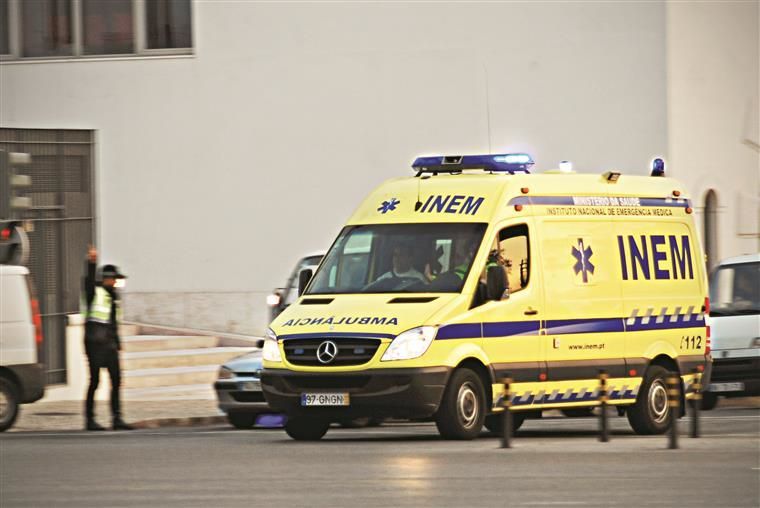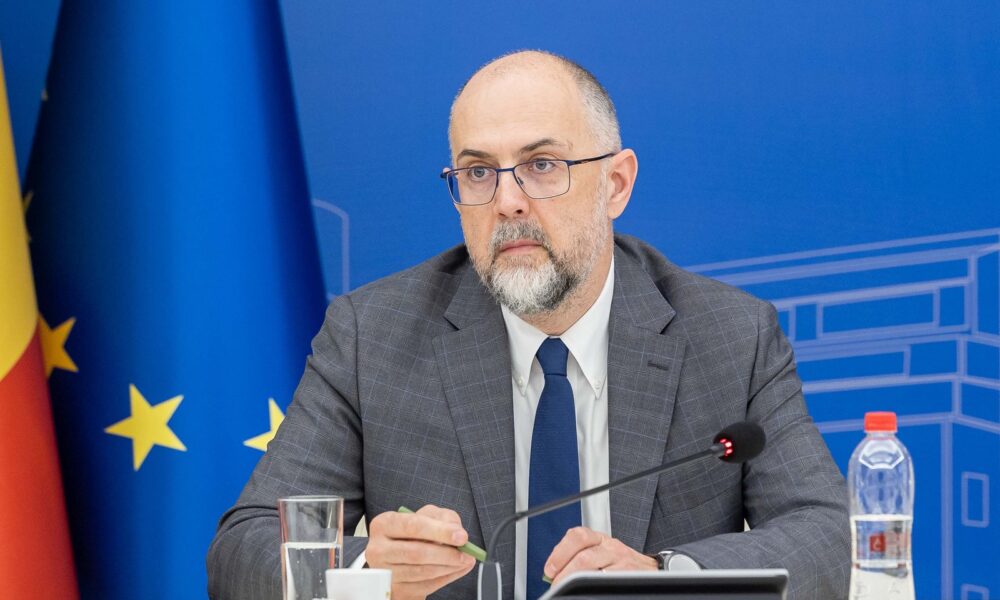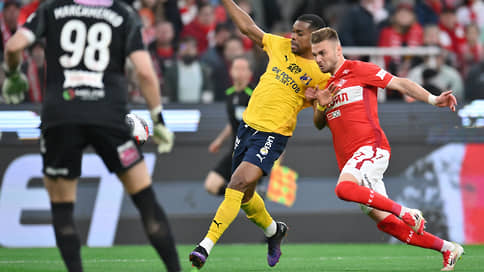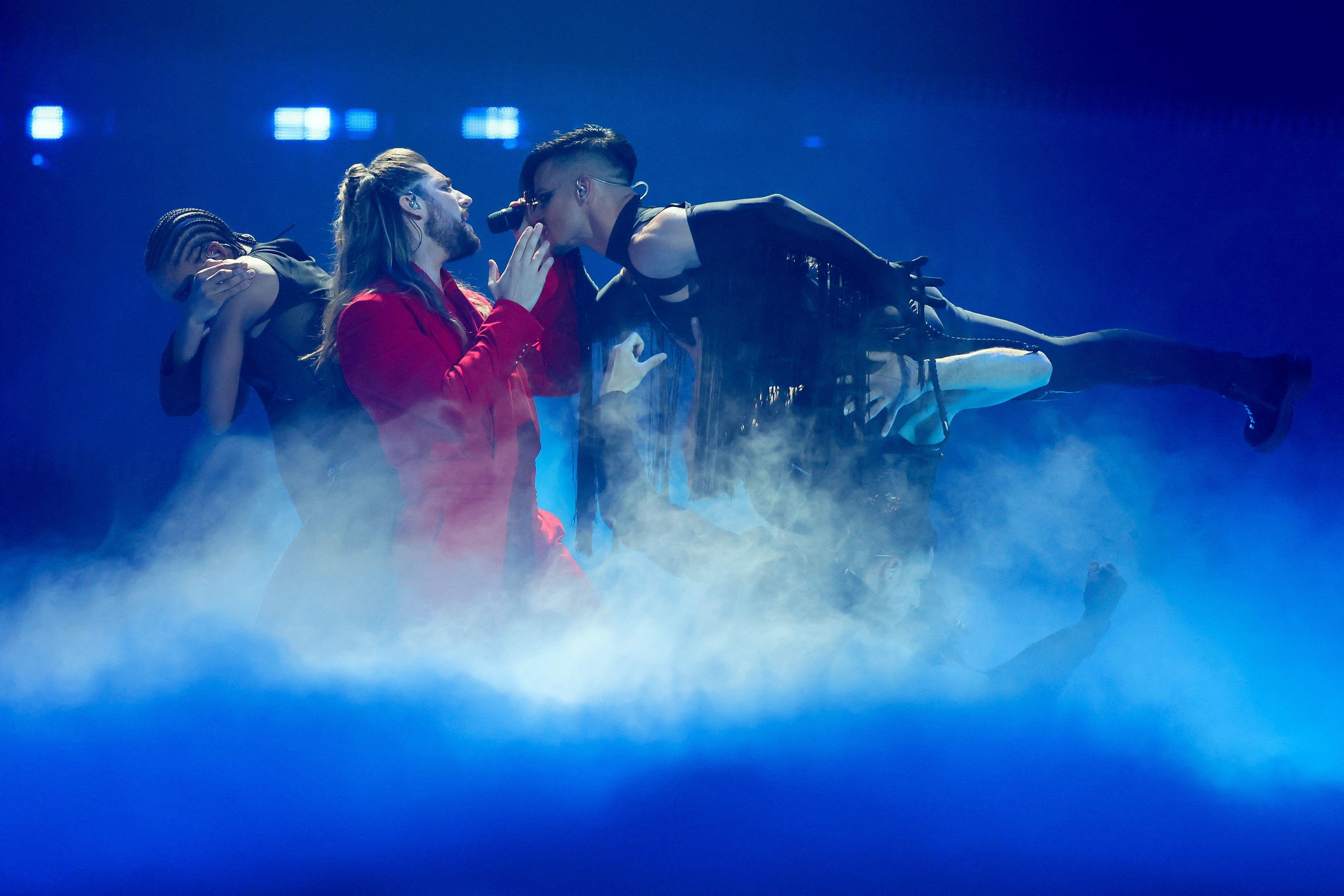Ukraine has a new confidence

My train arrived in Kiev last week as Russian ballistic missiles and drones was hit by the city, killing a mother and her son.
The last time I was in Ukraine was just more than a year ago.
Then, in April 2024, the climate was gloomy. People, frustrated by the delays in Western military aid, lived with a tangible fear of escalating Russia’s territorial profits – perhaps even a collapse of the Ukrainian line of the front. Today, the international context is even more charged. The Biden government was disappointing slow and cautious, though few doubted that the US wanted to prevent Russia’s victory. One cannot say the same about Donald Trump, whose ideological affinity with Vladimir Putin has destabilized Europe, starting from Ukraine.
But despite the betrayal of the Trump government, I saw in Kiev a much more widespread confidence than a year ago. After more than three years of war, Ukrainians are tired, but they are not exhausted. Soldiers, representatives of civil society, MPs and state officials I met, seemed more determined than ever to stand up and defend their country.
This confidence comes from the ever -increasing military self -sufficiency of the country. The Ukrainian Drones industry is impressive in terms of technological superiority, adaptability, mass and speed and Ukraine is reinforced day by day. It has no reason to envy many of its European neighbors – and has a lot to teach them.
And although human resources is a problem, the Ukrainian army, especially its professional units, (tragically) know the war better than forces anywhere else in Europe. Of course, in Kiev there is realism: no one believes that this is enough for Ukraine to regain its lost territories. But while he no longer expects peace through a military victory over Russia, he is no longer afraid of defeat as in the past. It silently redefines its strategy by looking for a sustainable truce through deterrence.
This does not mean that the Ukrainians believe that they can, or even more, want to do it on their own. Although Kiev feels strongly betrayed by the US, there is deep awareness that Ukraine still needs Washington, especially in specific areas.
It is true that the overt demonstration of warm relationships between White House and Kremlin causes disruption. But the Ukrainians also believe that Putin will continue to exaggerate his demands. That is why Volodimir Zelenski publicly challenged him this week, proposing a face -to -face meeting in Istanbul.
Putin, with his back to the wall, may pull another diplomatic ace from his sleeve to save time, delay new sanctions and divide the West once again. But it is becoming more and more clear, even in the « Philoputic » White House, that Russia does not want to end the war now. This, together with the agreement on the minerals signed by Ukraine with the Trump government, may have contributed to a distinctive shift in the position of Washington.
The war in Ukraine could never end in 24 hours, as Trump boasted, because it was never a war for representatives between West and Russia, as Russian propaganda argued and as Trump seems to believe. The war does not end, because the only person who can end him – Putin – still believes he can win.
The other side of the coin is that Ukraine is gradually integrated into the new European security architecture. European security goes through Kiev. Understanding this means that the leaders of the « alliance of willing » will continue to support Ukraine. They know that Russia is the biggest threat to Europe.
But it is not a one -way street: as Europeans reinforce their own defense against Russia, they only have to win Ukraine’s inclusion in this endeavor.
Natalie Totsi is an Italian political scientist and an expert in international relations. It specializes in the role of the EU in international affairs and the maintenance of peace, as well as in relations between European states. Today she is director of Istituto Affari Internazionali in Rome

